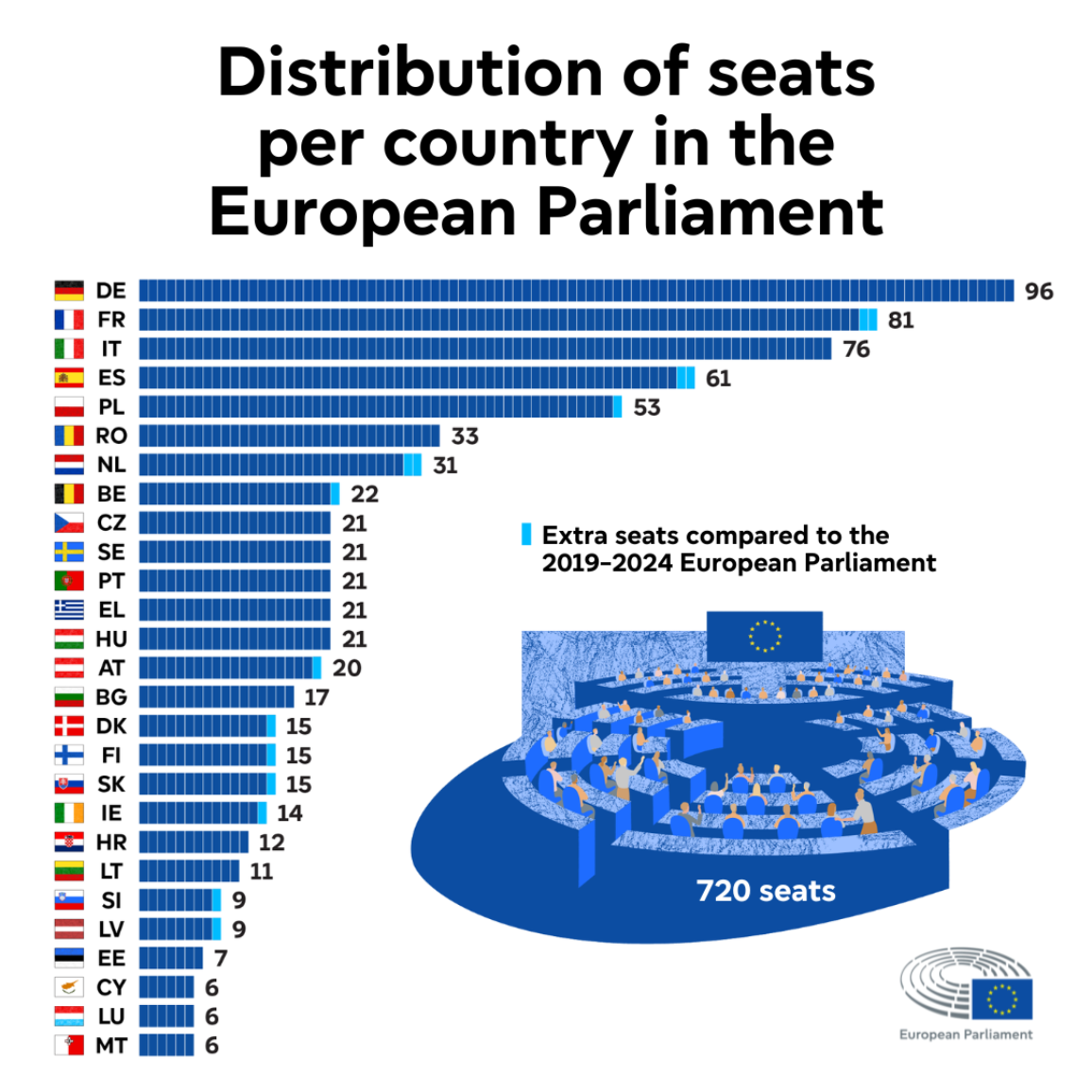
Jade Wong, Senior Fellow, Gordon & Leon Institute
Jul 03, 2024
The transformations spurred by the election are evolutionary rather than revolutionary. This year’s contest was less dramatic than earlier ones and the outcomes were more incremental.
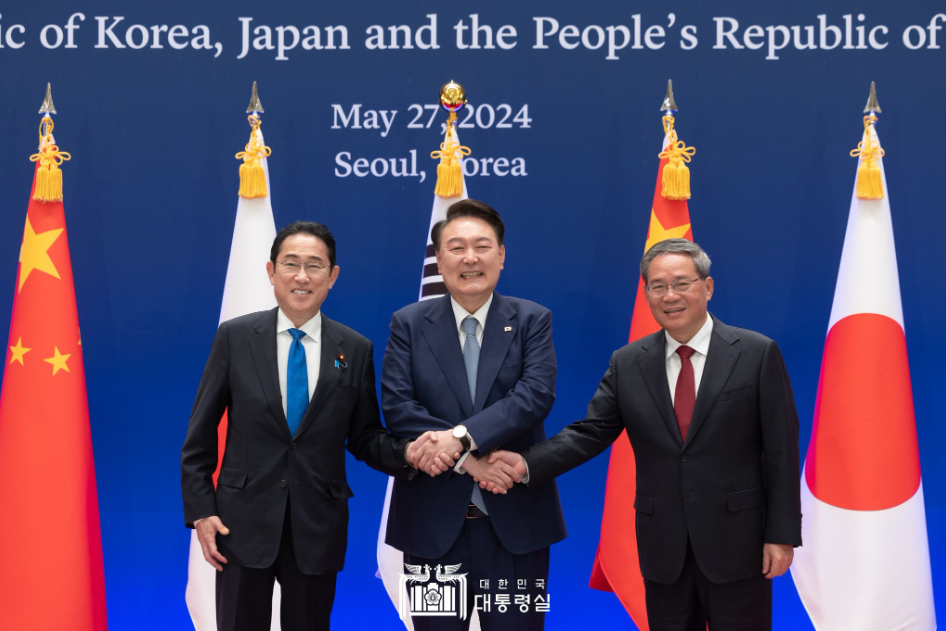
Brian Wong, Assistant Professor in Philosophy and Fellow at Centre on Contemporary China and the World, HKU and Rhodes Scholar
Jun 28, 2024
The 2024 Trilateral Summit marked a significant step in Northeast Asian diplomacy by reestablishing high-level cooperation among China, Japan, and South Korea after a period of interruptions. Despite underlying tensions and complex historical grievances, the summit underscored the importance of pragmatic, issue-specific collaboration and highlighted a strategic pivot towards bilateral engagements as a means to foster regional stability and economic integration.
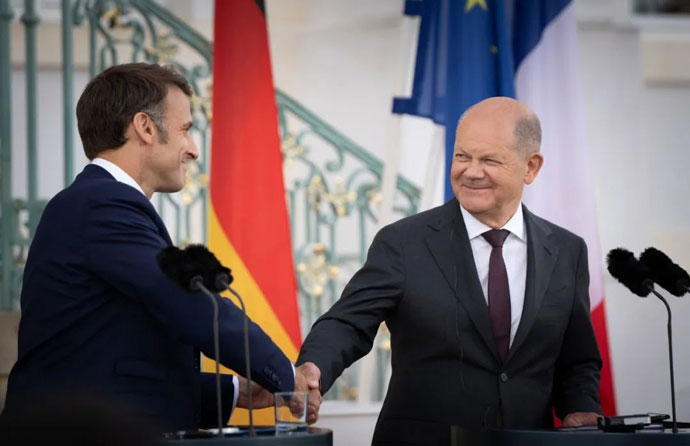
Dong Yifan, Associate Research Fellow, Belt and Road Academy of Beijing Language and Culture University
Jun 20, 2024
The two countries seek to show their commitment to advancing European sovereignty. Unfortunately, the United States will not allow it, as it believes greater autonomy for Europe would diminish NATO’s influence across the continent.
Jade Wong, Senior Fellow, Gordon & Leon Institute
Jun 07, 2024
Facing a choice of autonomy or continued dependence on the United States, some factions on the continent seek to avoid that stark choice. In pursuit of a European pillar within NATO, the EU appears to be navigating a middle path.
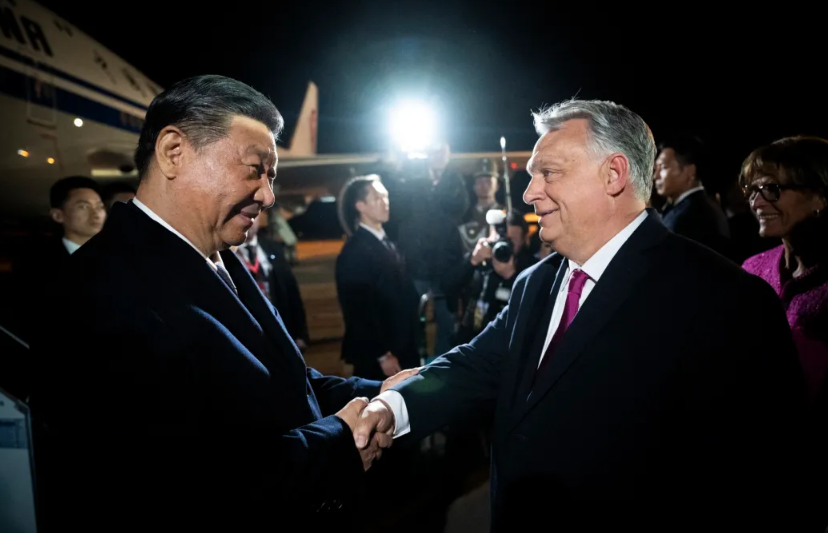
Vasilis Trigkas, Visiting Assistant Professor, Schwarzman College, Tsinghua University
Jun 07, 2024
Hungary's strategic partnership with China represents a bold pivot aimed at enhancing its geopolitical and economic standing amidst an era of great power competition. But to safeguard itself from geopolitical storms Hungary aims to work within the EU and punch above its weight to catalyze European strategic autonomy.

Chen Xi, Founder of Harbor Overseas, Visiting Senior Fellow at United Arab Emirates University
Zhu Xufeng, Dean of School of Public Policy & Management, Tsinghua University
Xiao Geng, Director of Institute of Policy and Practice at Shenzhen Finance Institute, Chinese University of Hong Kong
Okan Geray , Strategic Adviser for Dubai Digital Authority, Chair of United for Smart Sustainable Cities
Wang Dong, Professor and Executive Director, Institute for Global Cooperation and Understanding, Peking University
May 29, 2024
To revitalize innovation and build confidence in the private sector, the two countries should collaborate, from the Middle East to Africa, in unconventional ways. This would not only provide new business scenarios but would also offer an integrated solution for global governance going forward.
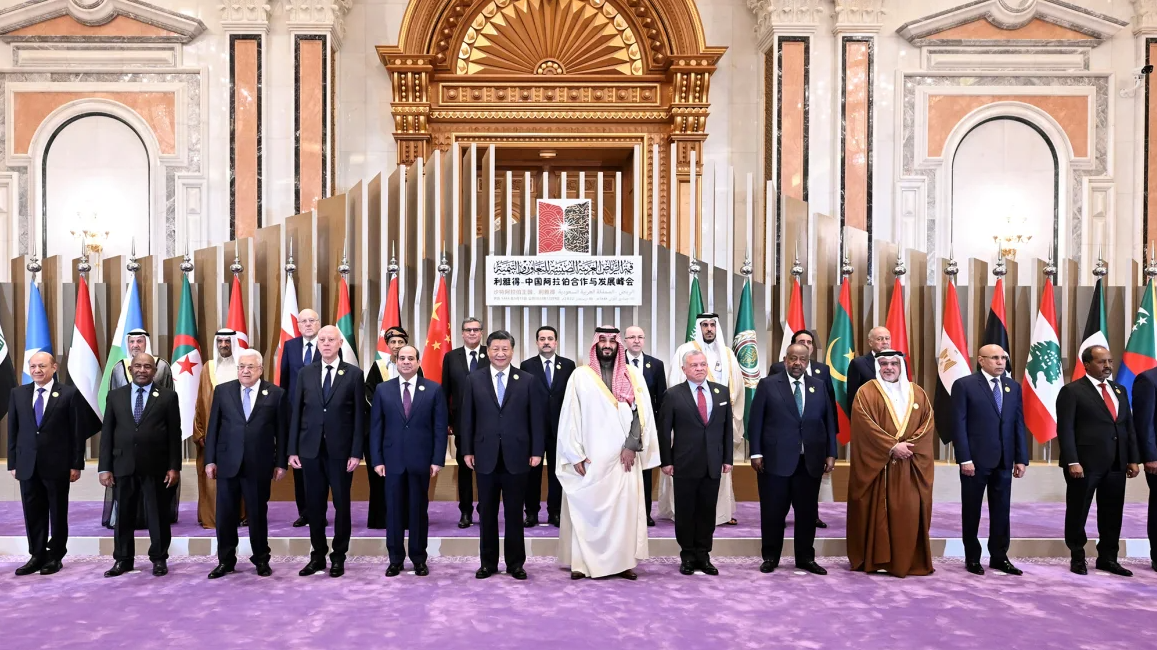
Jin Liangxiang, Senior Research Fellow, Shanghai Institute of Int'l Studies
May 23, 2024
China is deeply intertwined with Saudi Arabia and other GCC countries. It is contributing to regional security and will be one of the major sources of the region’s future wealth. And, unlike the West, it will always respect the way of life in the region, including the dominant religion.

Zhang Tuosheng, Principal Researcher at Grandview Institution, and Academic Committee Member of Center for International Security and Strategy at Tsinghua University
May 22, 2024
Despite their positive aspects, globalization, multi-polarization and technological advancement come with pronounced negatives that pose challenges to the post-Cold War world order. The only way forward is for the West to cooperate with China and engage in active and candid dialogue.

Guan Guihai, Executive Vice President, Institute of International and Strategic Studies
May 17, 2024
The wisdom in China’s major-country diplomacy serves as a rudder in China-Russia relations. It is also the anchor that stabilizes relations with others, including the United States and European Union.

Zhou Yiqi, Associate Fellow, Center for West Asian & African Studies, Shanghai Institutes for International Studies
May 17, 2024
Sustainable peace in the Middle East — in particular between Israel and the Palestinians — will require meaningful change in Palestine’s status: Its sovereignty must be established and recognized. A unified push by China and the United States to that end would be an important guarantor of success.
Back to Top

- China-US Focus builds trust and understanding between the U.S. and China through open dialogue among thought leaders.
- Our Offerings
- Topics
- Videos
- Podcasts
- Columnists
- Research Reports
- Focus Digest
- Stay Connected
-
Thanks for signing up!
- Get the latest stories from China-US Focus weekly.